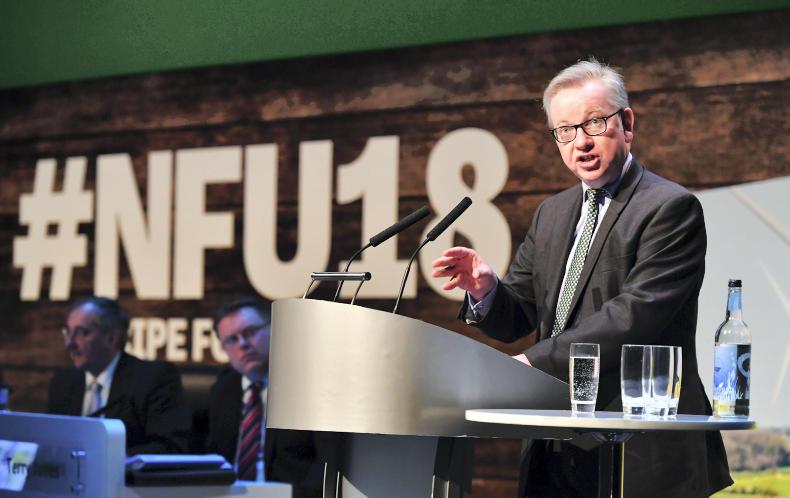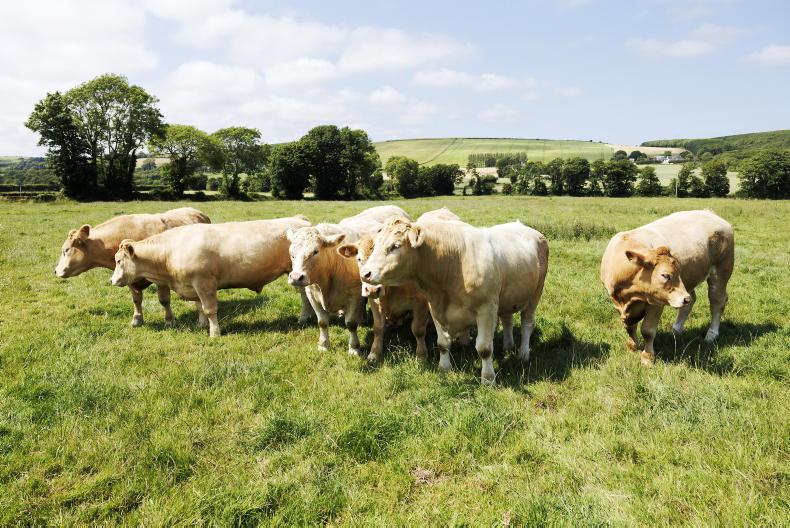In a Brexit report on the trade in food, the DEFRA Parliamentary Committee in the House of Commons has called on the Government “to support British farming and agriculture in preparing for business post-Brexit”.
The committee recognises that Brexit will be disruptive to farming and the food industry, and produced its report having taken evidence from many of the key representative bodies and having received written submissions from 79 interested individuals and organisations.
Trade
The committee envisages that Brexit will introduce friction to trading between the UK and EU, for an industry that sources 70% of its food imports from the EU and sends 60% of its exports to it. It also recognises that while it is the Government’s ambition to agree a comprehensive free trade agreement (FTA), there is no guarantee that this will be the outcome.
It recommends that DEFRA should publish a sector-by-sector analysis on the impact of Brexit before the publication of an agricultural bill.
In establishing tariffs at WTO, the report urges the Government to give careful consideration to the level at which they are pitched.
This would come into play in the third scenario in the SRUC report of unilateral liberal trade arrangement on imports, where domestic industry would be subject to extreme competition from imports. Similarly, the report recognised that if these are pitched too high, it would have a detrimental impact on consumers.
Standards
The report is critical of the lack of clarity provided to the agricultural sector to date and wants policies that would stimulate home-grown production. It is also extremely blunt in its assessments of standards that should be followed on food production, welfare and the environment post-Brexit. The committee said it will hold the Secretary of State (Michael Gove) to his assurances to maintain standards. Interestingly, the secretary reiterated these assurances in his address to the NFU AGM this week.
Infrastructure
The issue of dependency on non-British EU vets is addressed in the report, with a call made on Government to set out how it intends to ensure their working rights in order to meet the needs of the UK food industry into the future.
Delays at borders are also considered, with a recommendation that the infrastructure be put in place to enable the import and export of agricultural produce continues smoothly.
There is no consideration given to replacing the Common Agricultural Policy (CAP) in the report, as the committee intends to produce a separate report on this later.









SHARING OPTIONS